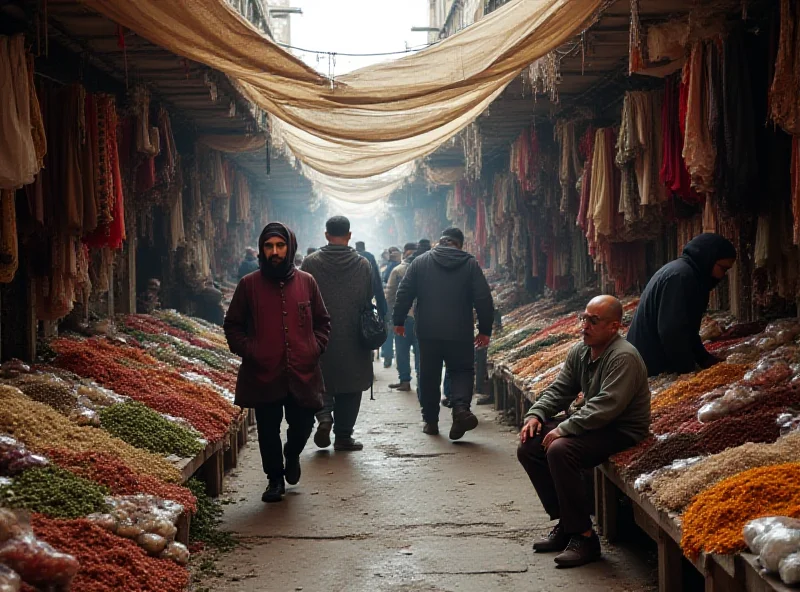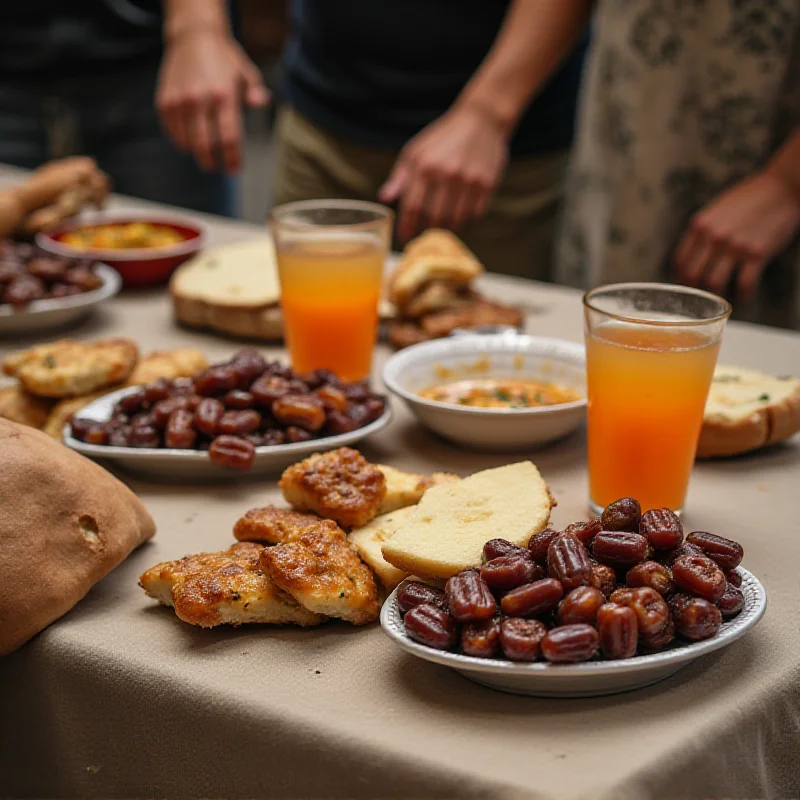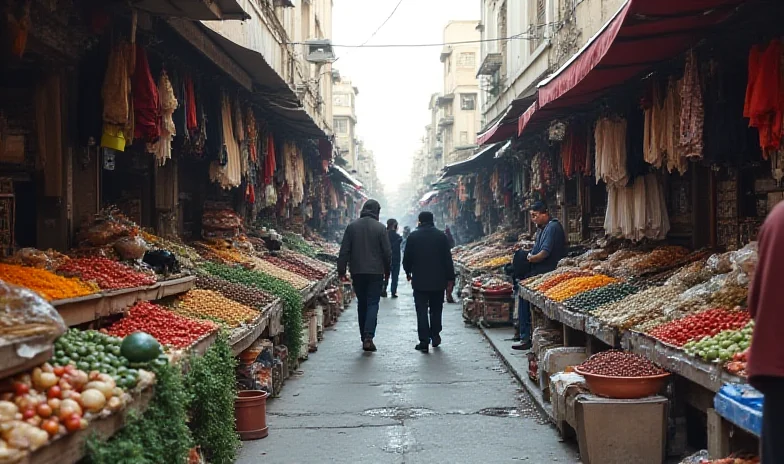As the holy month of Ramadan draws near, many families across Syria are facing significant economic challenges that are impacting their ability to prepare for the traditional observances. Reports from various regions paint a picture of subdued market activity, rising prices, and concerns among local traders. From Idlib to Aleppo and Al-Hasakah, the economic pressures are palpable.
Weak Market Activity in Idlib and Aleppo
In Idlib, markets are experiencing a noticeable lull in activity. Limited trading suggests underlying economic uncertainties are affecting consumer behavior. "The markets are just not as lively as they usually are before Ramadan," says one local shopkeeper, preferring to remain anonymous. "People are hesitant to spend, and we're seeing fewer customers overall."

The situation in Aleppo mirrors that of Idlib, with reports of weak attendance in local markets. Traders express concerns about the impact of the low footfall on their daily economic activities. Analysts suggest various economic factors contribute to this trend, potentially impacting local market dynamics throughout Ramadan. This lack of activity contrasts sharply with the usual pre-Ramadan rush.
Soaring Prices in Al-Hasakah
While Idlib and Aleppo grapple with weak market activity, Al-Hasakah faces a different challenge: soaring prices. In the R'as al-Ain area, residents struggle to purchase essential items for Ramadan due to significant price increases. This inflation places immense economic pressure on the community, making it difficult for families to afford even basic necessities.

The rising cost of living is a significant concern for many. A union official estimates that the cost of iftar, the evening meal breaking the daily fast, for a family of four, when relying on popular or traditional foods, would be approximately 75,000 liras – and that's just for the basics like vegetables and juices.
The Cost of Iftar
The estimated cost of 75,000 liras for an iftar meal highlights the financial burden many Syrian families face. This figure only covers the most basic ingredients and doesn't account for additional expenses such as special treats or gifts often associated with Ramadan. The combination of weak market activity in some areas and high prices in others paints a challenging picture for Syrians preparing for the holy month.

These economic hardships underscore the resilience of the Syrian people as they navigate another Ramadan amidst ongoing challenges. While the spirit of Ramadan remains strong, the economic realities are undoubtedly impacting how families can observe this important time.
